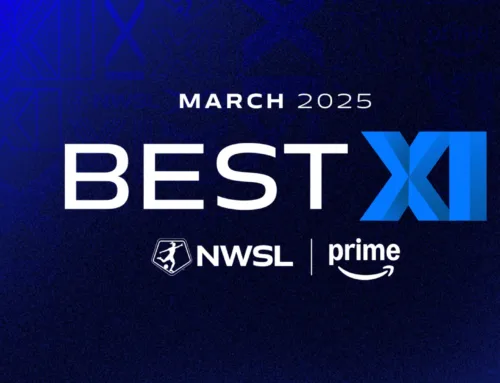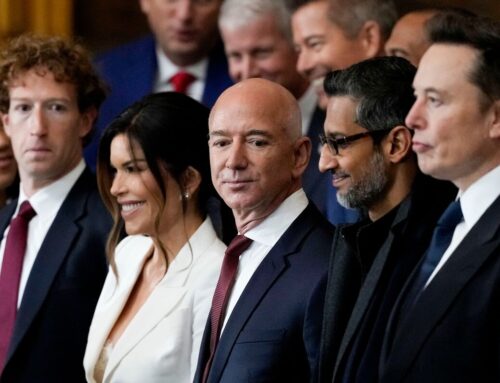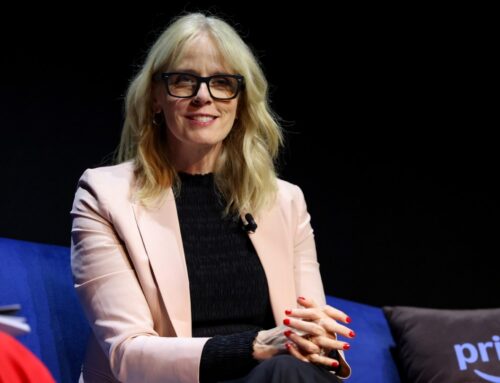Trump to extend TikTok ban enforcement to continue work on a sale deal
April 4, 2025
New York
CNN
—
President Donald Trump announced on Friday that he will again delay enforcement of the TikTok sale-or-ban law for 75 days, as his staff continues to work on a deal to preserve access to the app in the United States.
“My Administration has been working very hard on a Deal to SAVE TIKTOK, and we have made tremendous progress. The Deal requires more work to ensure all necessary approvals are signed,” Trump said in a post on Truth Social.
The announcement comes just one day before the ban was set to go into effect, after Trump delayed by an initial 75 days it when he took office in January.
Former President Joe Biden signed a law last year that required TikTok’s China-based parent company ByteDance to divest the app or face a US ban, over national security concerns. The law was set to go into effect in January, but Trump said he would delay its enforcement in hopes of reaching a deal to keep the app “alive.”
Both Trump and Vice President JD Vance — who was tapped with leading the TikTok dealmaking effort — repeatedly said in recent days that they expected there would be a deal by the April 5 deadline. Sources familiar with the White House’s discussions told CNN earlier this week that Trump staffers were considering a deal that would involve selling most of TikTok’s US assets to tech company Oracle and other American investors, leaving ByteDance with a minority stake in the app.
Trump did not offer any details on the potential deal in his Friday post, but indicated more time is needed to finalize it.
Trump’s promise to further delay enforcing the ban will likely mean that TikTok’s 170 million American users can continue to use the popular short-form video app for the foreseeable future.
But the delay in reaching a formal deal raises questions about the app’s long-term future.
Despite the extra time and at least a handful of interested parties who have expressed interest in buying TikTok, the Chinese government has offered little public indication that it would be willing to approve a sale. And the United States and China are now in the midst of an escalating trade war, with both sides increasing tariffs, despite a suggestion from Trump that he might lower tariffs on Chinese imports if Beijing agreed to a TikTok deal.
“We hope to continue working in Good Faith with China, who I understand are not very happy about our Reciprocal Tariffs,” Trump said in his post, adding, “We do not want TikTok to ‘go dark.’”
“We look forward to working with TikTok and China to close the Deal,” he said.
TikTok did not immediately respond to a request for comment.
A ByteDance spokesperson said the TikTok parent company “has been in discussion with the US government regarding a potential solution for TikTok US,” a rare acknowledgement from the company that it is engaged in talks with the White House.
“An agreement has not been executed. There are key matters to be resolved. Any agreement will be subject to approval under Chinese law,” the ByteDance spokesperson said in a statement.
It’s unclear how members of Congress — who largely agreed on a bipartisan basis last year that the app posed a national security risk, an opinion that the Supreme Court unanimously upheld — might respond to a second delay.
For a deal to comply with the law, ByteDance can own no more than 20% of the platform. It also states that the app’s US operations cannot coordinate with ByteDance on the app’s algorithm or data sharing practices.
TikTok went offline in the United States the day before Inauguration Day for around 14 hours. When it came back online, the app had a message thanking Trump for saying he would delay the enforcement of the ban.
“We will work with President Trump on a long-term solution that keeps TikTok in the United States,” TikTok said at the time.
TikTok CEO Shou Chew attended Trump’s inauguration, seated on stage along the cabinet secretaries and other tech CEOs.
This story has been updated with additional information and context.
–CNN’s Hadas Gold contributed to this report.
Search
RECENT PRESS RELEASES
Related Post




